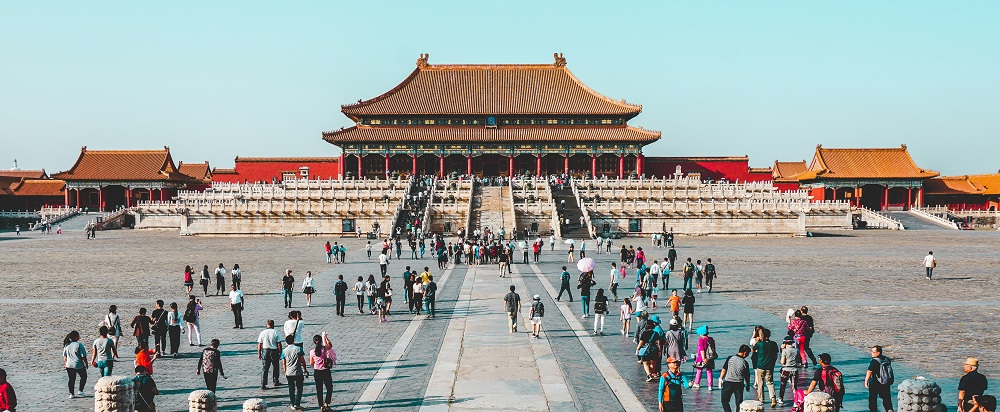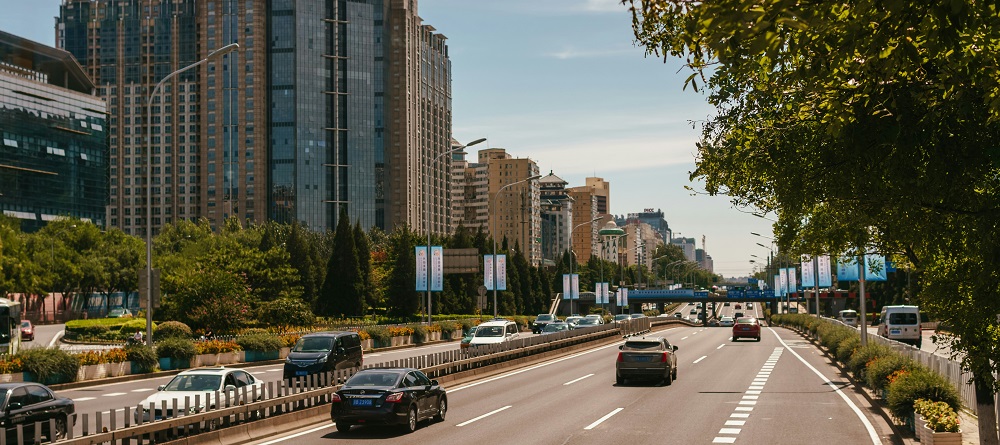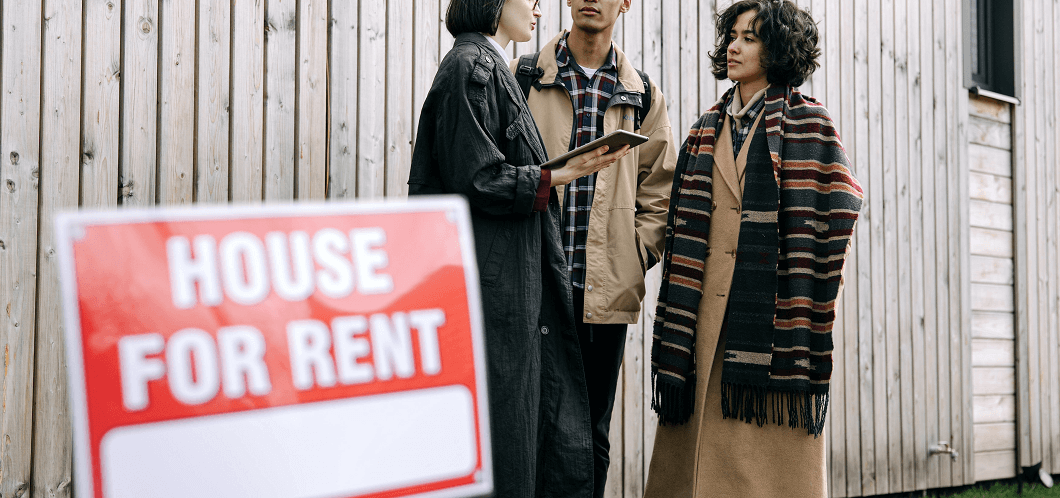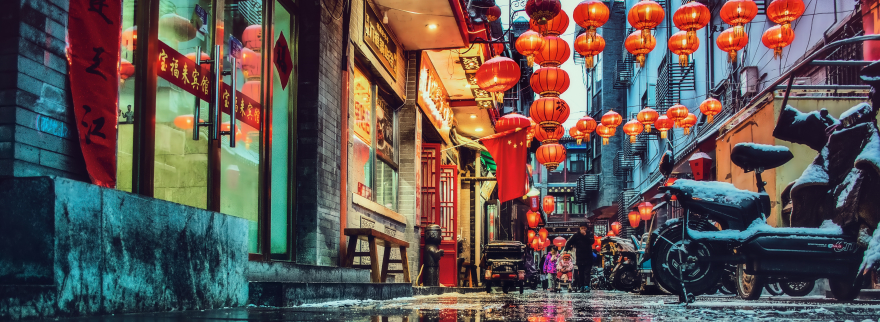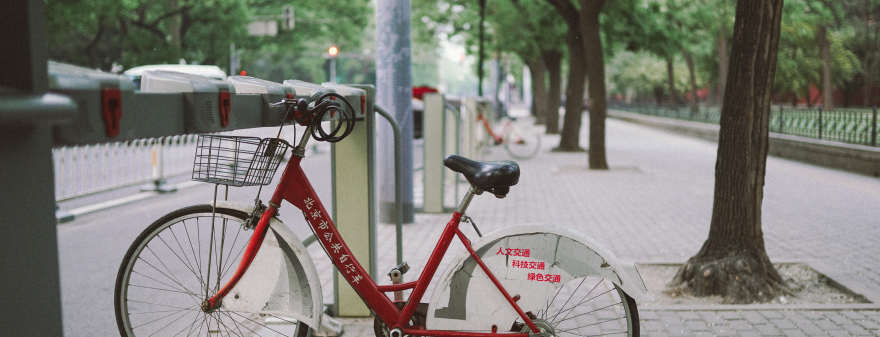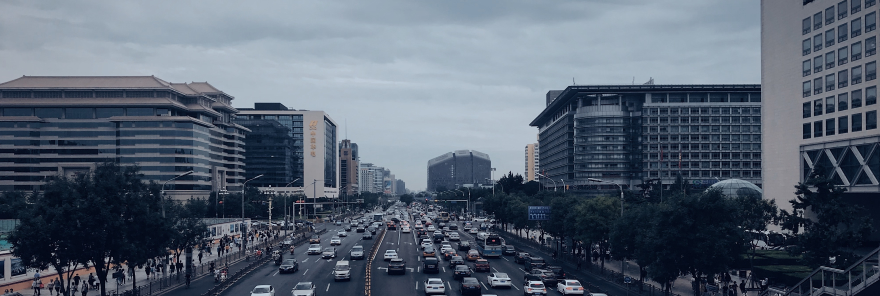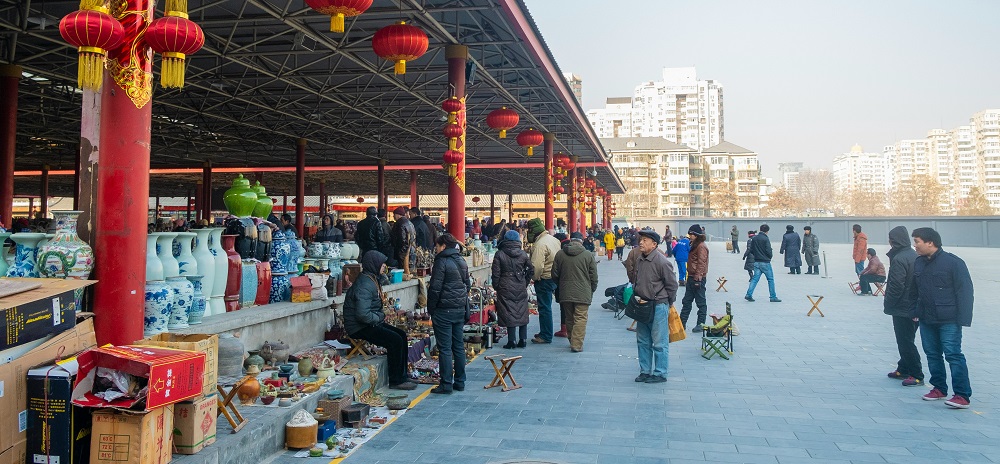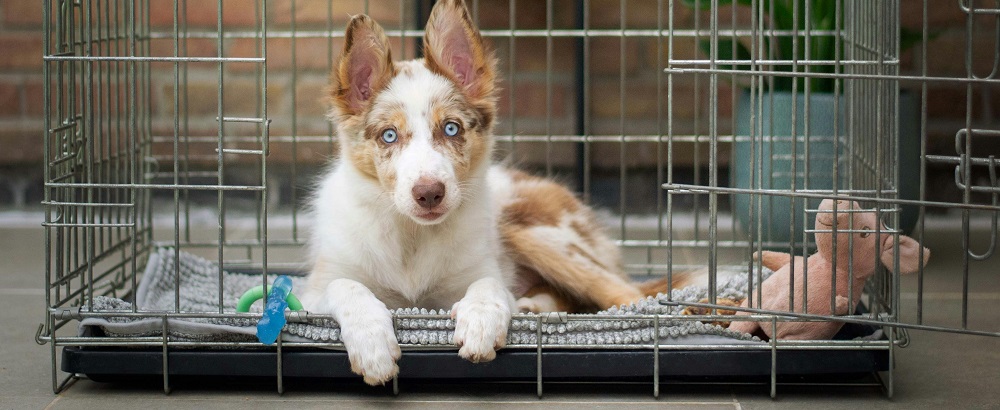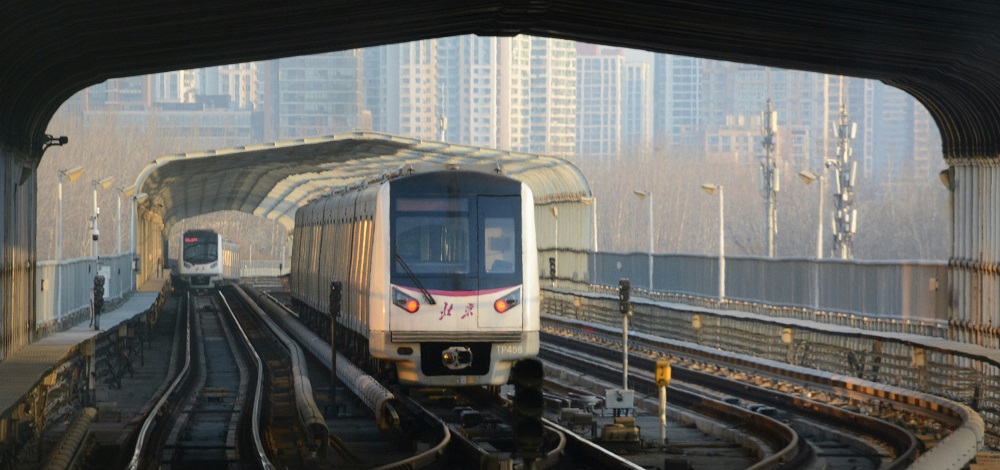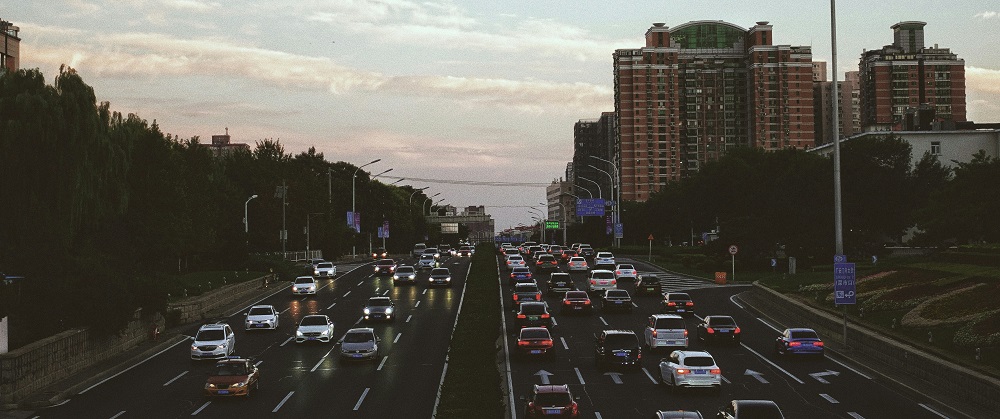Living in Beijing
Northeast China is home to the country’s capital city, Beijing, also known as Peking. An economic powerhouse and thriving metropolis, the megacity sprawls out from several ring roads. Beijing is, in some ways, like a time capsule. Walking through sites such as the Forbidden City and the nearby Great Wall of China evokes images of ancient dynasties.
There are also more recent symbols of China’s ascent on the world stage, such as the iconic venues built for the 2008 Summer Olympics. The oddly shaped headquarters for Chinese Central Television are known to locals as the Big Pants’.
Moving to Beijing is especially exciting for expats, given its long-standing role at the centre of Chinese culture and politics and its prominent position in the international business sphere.
Working in Beijing
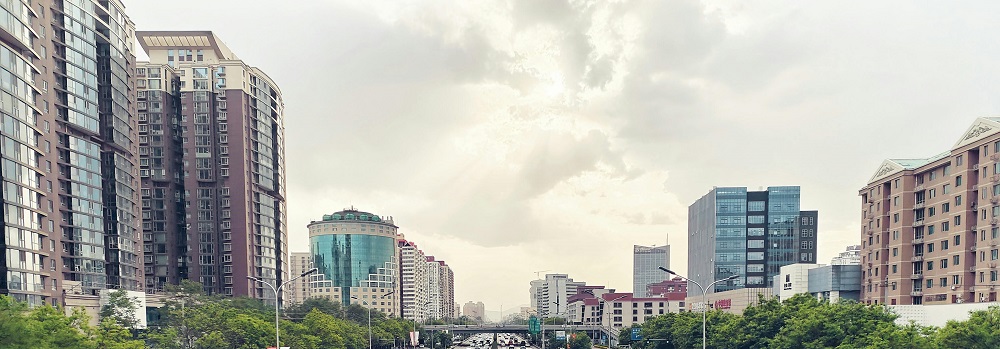
China’s first post-industrial city, Beijing, is home to dozens of Fortune 500 companies and corporate heavyweights. The city’s financial sector plays a major role in the Chinese economy, while real estate, information technology, and pharmaceuticals contribute to the city’s domestic product.
Most expats will need both a work visa and a work permit to live and work in China. It’s essential to register your presence in the country with the local Public Security Bureau (PSB) office as soon as you arrive in Beijing.
Local culture in Beijing
Beijing is not always as accommodating as other international cities, and foreign residents likely have to overcome the challenges of becoming familiar with an entirely different culture and language. As isolated from the local populace as expats sometimes feel, the density of Beijing’s burgeoning population can feel stifling and claustrophobic.
Growth has brought other challenges to life in Beijing. Hazardous levels of pollution are commonplace, and traffic is consistently congested. Many do, however, adjust successfully and find themselves in a city that is both ancient and modern and that embodies Chinese culture for a global audience. Come with an open mind, ready to learn and work – a positive attitude is the best way to embrace expat life in the Chinese capital.
Local Culture in China
Business Culture in China
Finding accommodation in Beijing
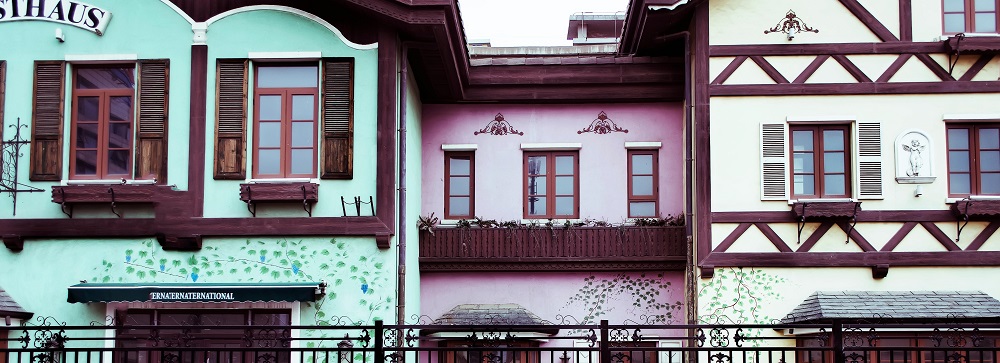
Beijing’s size is staggering; it is home to more than 21 million people. The sheer magnitude means that there are already smaller city-like districts within Beijing, from expat suburb communities to expansive, shapeless developments. Accommodation options in Beijing range from old-style apartments to serviced apartments and freestanding homes on the city’s outskirts.
The easiest way for expats to get started on the house-hunting journey in Beijing is to hire a real estate agent, who may be able to show them properties that are not on the market yet. These professionals can also help you circumvent the language barrier and negotiate a fair deal on your behalf. Their services do come at a cost, though, which is usually equivalent to a month’s rent.
Advice on Renting Accommodation in Beijing
Best Places to Live in Beijing
Cost of living in Beijing
The cost of living in Beijing is high. You will have to budget carefully while living in the city, especially if you’d like to maintain the same lifestyle as you had back home.
Accommodation will likely be your largest expense if your employment contract does not cover it. Health insurance is another significant cost, and it’s essential to secure a comprehensive health plan to ensure you can comfortably access private healthcare in the city. Those moving to Beijing with children must account for pricey international school fees; it’s best to negotiate an allowance as part of your relocation package to ease these costs.
For more info, see the page on Cost of Living in Beijing
Finding a school in Beijing
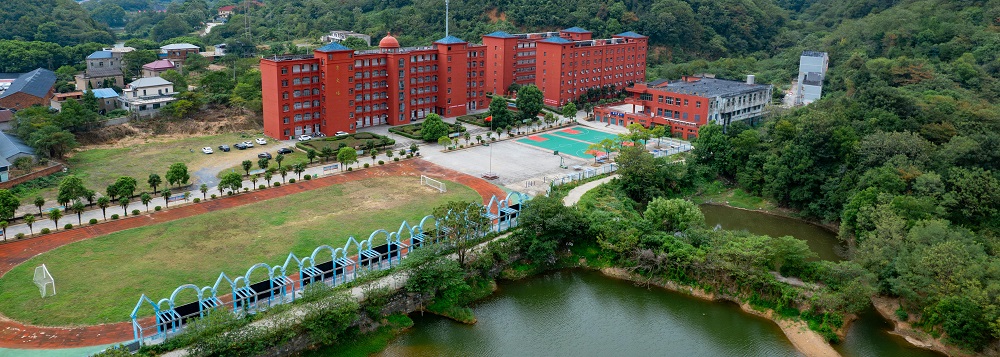
Public schools in Beijing are largely unsuited to expats due to the language of instruction being Chinese Mandarin. Most expat parents send their children to international schools. Fortunately, Beijing is home to a fair selection of international schools offering various curricula, including that of France, the US, and the UK.
You can also find schools offering the globally recognised International Baccalaureate. This curriculum makes it easy for globally mobile families to easily transition their children to a new school in a different country. Most international schools offer a form of cultural integration, either through language or cultural immersion programmes.
Schools and Education for Expats in Beijing
International Schools in Beijing
Getting around in Beijing
Getting around in Beijing is simple and affordable, thanks to the multitude of public transport options in the city. You can find everything from an efficient subway network, suburban railway, and buses, while taxis are also an option for late-night travel.
Although foreigners can drive in Beijing, it’s recommended that they avoid getting behind the wheel until they are acclimatised to the city’s driving culture. You can also cycle if you’re looking for a more environmentally friendly way to get around Beijing.
See our page on Getting Around in Beijing
Climate and weather in Beijing
The weather in Beijing is influenced by the city’s humid continental climate, which is also impacted by the monsoon. Beijing experiences four distinct seasons, with summer bringing evening rain. Winters are freezing and dry, and January is the coldest month of the year.


